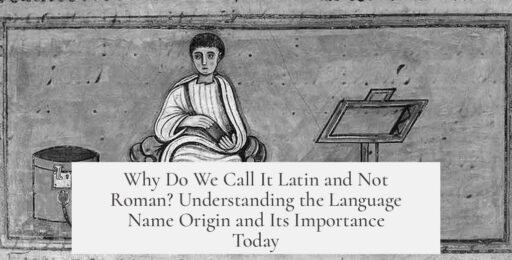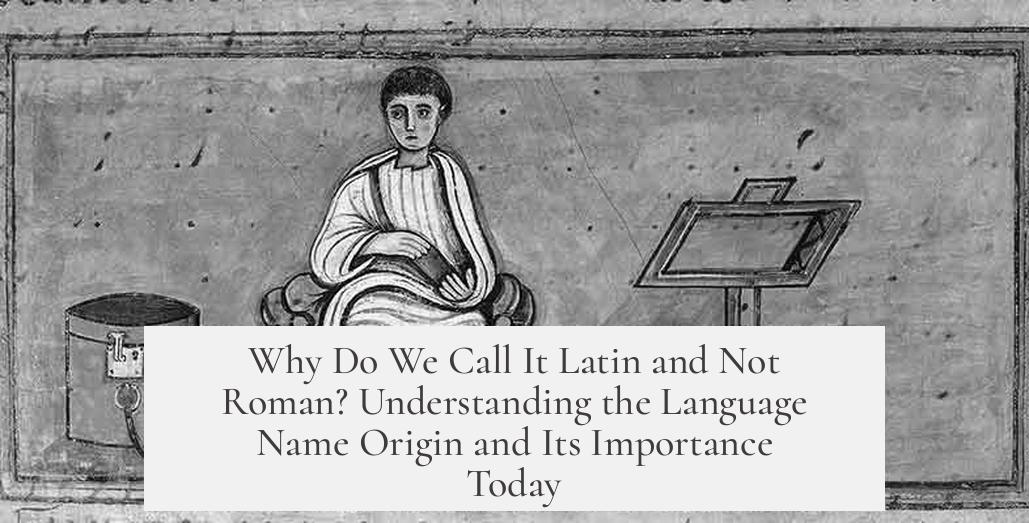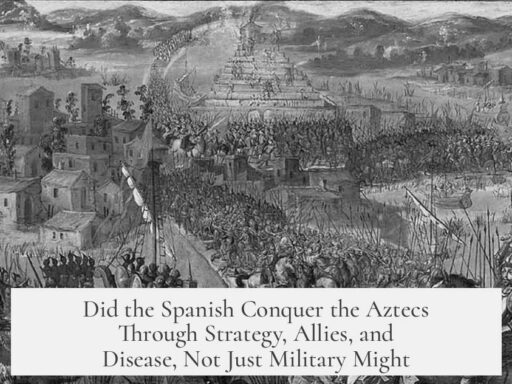We call the language “Latin” instead of “Roman” because its name originates from the region of Latium, where it first emerged, rather than the city of Rome itself. Latin was the local dialect spoken across multiple settlements, including Rome, within this broader geographic area.
The language belonged to the group of Italic dialects spoken by several peoples around the lower Tiber valley. While Rome rose to prominence, Latin was originally one among several related languages in this region. Residents of neighboring Latin cities would understand each other easily, but distinctions existed with other Italic languages like Oscan.
This regional origin explains why the language’s name reflects Latium rather than Rome. Rome itself was only one city among others within the Latin cultural and linguistic group. The dominance of Rome came later through military and political expansion, but the language’s designation as “Latin” persisted to capture its wider cultural context. Calling it “Roman” would overly narrow its identity.
The term “Latin” also held an important legal and political meaning within Roman society. During and after the Republic, “Latin rights” (ius Latii) granted partial Roman citizenship to various communities beyond Latium, including non-Latin populations in different parts of the empire. This extended usage shows that “Latin” became a broader category, signifying a certain status apart from strict Roman citizenship.
Thus, the name “Latin” reflects both the language’s geographic roots and its political-cultural role in Roman law and society. It underscores the regional origins of the language and the complex identity beyond just the city of Rome.
- Latin is named after Latium, the region where it originated, not the city of Rome.
- Latin was one of several Italic dialects spoken across Latium.
- Rome’s later dominance did not change the language’s regional identity.
- “Latin” also described a partial citizenship status within Roman law.
- Calling it “Roman” would ignore the broader linguistic and cultural scope of Latin.
Why Do We Call It “Latin” Instead of “Roman”? Unraveling the Name Mystery
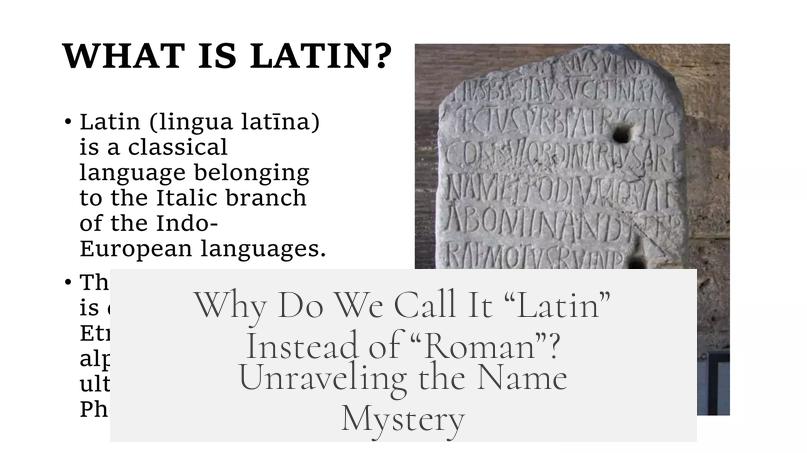
Here’s the quick answer: We call it Latin because the language originated in a region, not just a city. It’s named after Latium, a cluster of ancient settlements including Rome. So, while Rome was key, the language wasn’t just “Roman”—it was a regional tongue spoken by multiple communities.
Now, let’s dive deeper into this fascinating story. Why is this naming so unique compared to other languages named strictly for their “home country” or city? What do these distinctions reveal about ancient politics, culture, and language development?
1. It All Starts in Latium, Not Rome
The Romans themselves called their native tongue Latine, after the broader region of Latium, where multiple settlements thrived near the Tiber River. Rome, though the best-known city today, was just one among these Latin cities. So, “Latin” points to the geographical origin—the valleys and hills where the language was born—not exclusively to the city of Rome.
This sets Latin apart from languages like English or Chinese, which neatly tie their identities to a country or a single historic kingdom (England, China). Latin reminds us this was a shared identity for multiple towns, not only Rome alone.
2. Latin: One Piece in a Mosaic of Italic Languages
Did you know Latin was one among several Italic dialects? The ancient Italian peninsula was a buzzing linguistic landscape, where languages like Oscan shouted “Hey!” from Samnite territory.
| Language | Example Word for “What” |
|---|---|
| Latin | quid |
| Oscan | pid |
A Roman chatting in Latin could exchange words relatively easily with someone from Tusculum or Lavinium. But trying to understand Oscan? That was like walking into a neighborhood party where everyone suddenly begins speaking Klingon.
This variety emphasizes that Latin’s identity grew amidst many relatives. It wasn’t an isolated city’s language but a part of a regional family of tongues, strengthening the case for keeping the broader name.
3. Political Clout Came Later

“Rome was just one city among others until it won the big fight.” True story. Rome rose to supremacy in Latium after a major victory around 338 BC, but before that, the Latin cities shared power and culture. The language was already “Latin” before Rome’s star shone brightest.
Looking back, insisting on calling Latin “Roman” feels a bit unfair—like calling English “Londonish.” England is more than just London; similarly, Latin was more than just the language of Rome.
Besides, we should remember Romans thought in terms of city-states. Rome was a mighty city-state of Latium, not the whole kingdom, so the regional identity mattered.
4. Latin: A Term of Law and Identity Beyond Words
“Latin right” or “Latin citizenship” wasn’t just fancy legal jargon. It described a limited Roman citizenship status valid for some people and towns—not all, not just in Latium, but later extended to places like Spain. Latin here meant more than a language. It was a legal-political club distinction.
When Emperor Vespasian granted ius Latii (Latin rights) to parts of Spain, it showed that “Latin” symbolized something bigger than geography. It underlined a semi-citizenship and cultural affiliation recognized by Rome but distinct from full Roman citizenship.
So, calling the language “Roman” would ignore this rich political and social nuance. Latin as a concept served many roles: a language, a regional identity, a legal status.
A Fresh Angle: Why Does This Matter Today?
Understanding why we use “Latin” instead of “Roman” offers a snapshot into how identities form and evolve. Naming languages isn’t always a simple “place-to-people” equation. Often, it reveals intricate stories about power, culture, and community.
Imagine if we called English just “Londonish”! We might lose sight of its vast history and connections to many places across England and beyond.
Similarly, Latin honors the broader cultural and political landscape of ancient Italy—not just the city that dominated it.
How Does This Reflect in Modern Life?
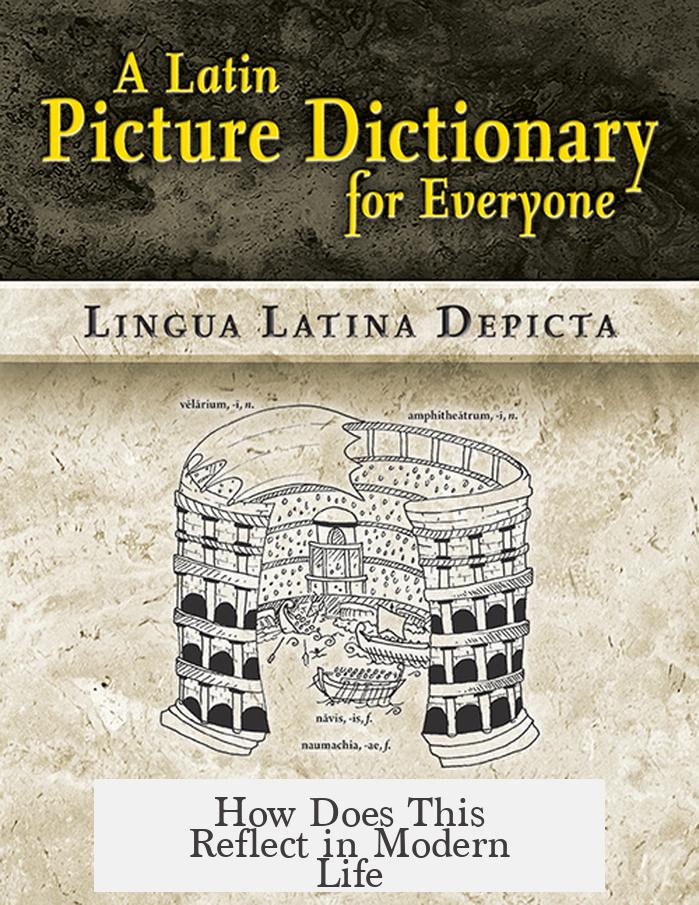
- Study Latin: Each text you read – be it Cicero’s speeches or Virgil’s epics – echoes not just Rome but an entire network of Latin-speaking communities.
- Legal Roots: Modern legal terms and concepts borrow from this “Latin right” tradition, connecting contemporary citizenship ideas back to ancient times.
- Cultural Awareness: Recognizing the multi-city origin of Latin reminds us that culture and language are often collective creations, not sole products of one dominant power.
In Summary
Latin is called so because it belongs to the wider region of Latium, encompassing several city-states including Rome. It’s a name rooted in geography and shared culture, not just the fame of a single city. The Romans themselves used “Latin” to describe their language and identity in politics and law, marking a multifaceted significance beyond language.
Calling it “Roman” would narrow its scope unfairly and miss out on important societal and historical aspects that shaped this timeless language and culture.
So next time you hear “Latin,” remember: it’s a tapestry woven from the threads of many cities, legal concepts, and cultural movements—not just the mighty city of Rome.
